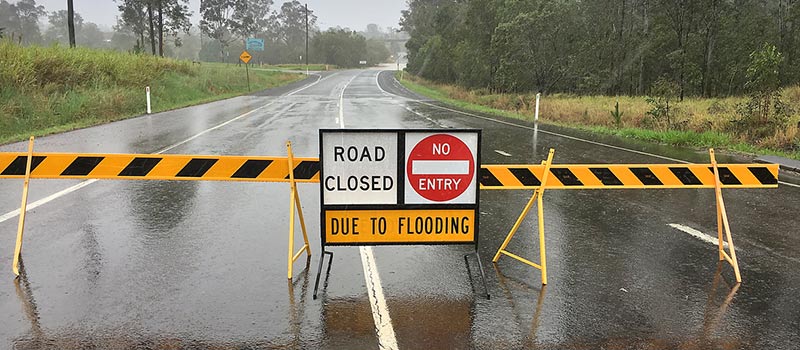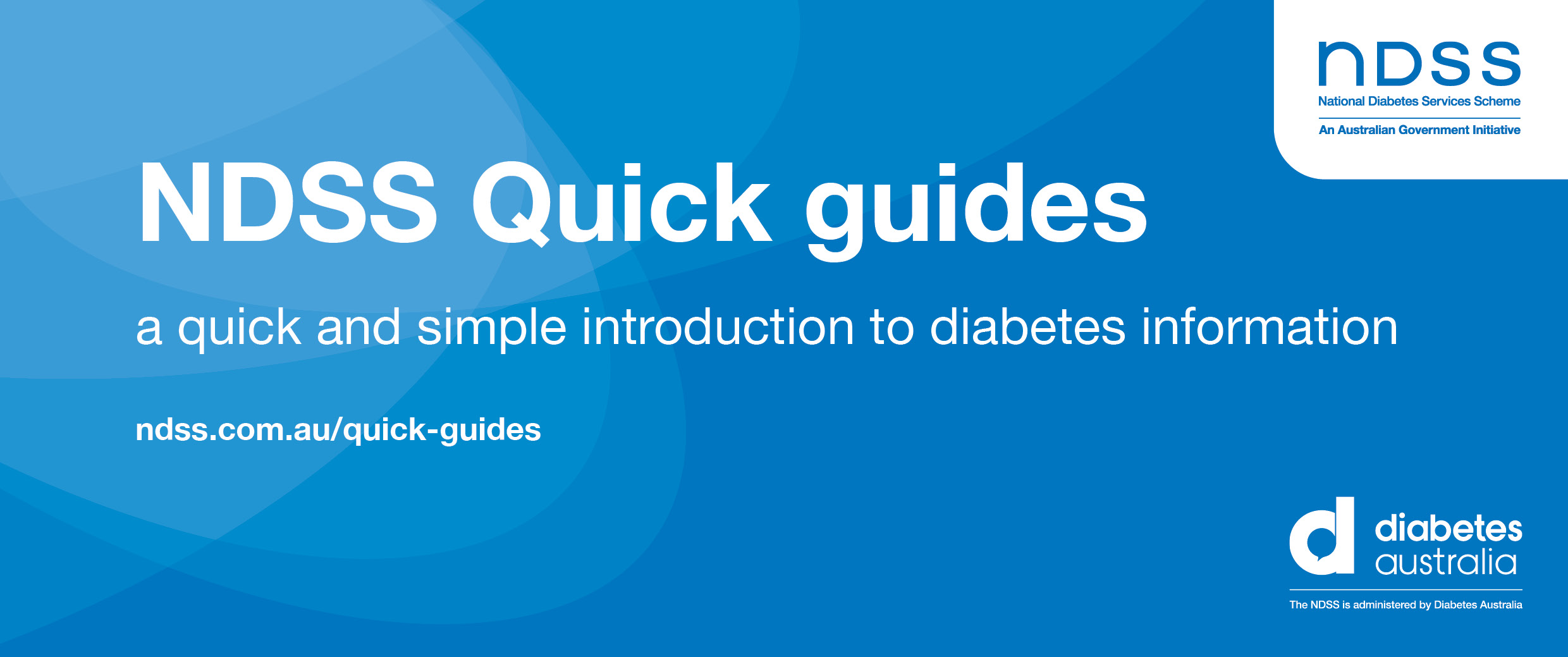Already a member? Click here to login.

Australian Diabetes Educators Association
Already a member? Click here to login.

Already a member? Click here to login.
Last week, Diabetes Victoria announced the first recipients of the 2021 Trisha Dunning Research Scholarship. The recipients are Belinda Moore, CDE, registered nurse and Masters candidate at The University of Melbourne, and Sabine Kleissl-Muir, registered nurse and PhD candidate at Deakin University. Together, they have been awarded a total of $60k to support their higher degree research studies, with a focus on diabetes.
Belinda will receive $20K to support a pilot study that will investigate the first year of parenthood and its impact on a father’s type 1 diabetes management, emotional wellbeing, father-child relationship and their child’s health trajectory.
‘From anecdotal observations whilst working as a nurse-midwife and diabetes educator, I have witnessed new fathers with type one diabetes struggle to balance their new fatherhood responsibilities with their ongoing diabetes management.’, says Credentialled Diabetes Educator and member of ADEA Belinda.
‘For my Master of Clinical Research, I will investigate the impact that the first year of parenthood has on a father’s diabetes management, emotional well-being and father-child relationship. It is hoped that this research will commence and continue much needed conversation to ensure fathers with type one diabetes are better involved and supported during preconception, pregnancy and parenthood care and education.’
Sabine will receive a total of $40K to support her PhD studies into the effects of a low carbohydrate diet on heart failure symptoms and quality of life in patients with diabetic cardiomyopathy.
The research scholarships honour Emeritus Professor Trisha Dunning AM – a long-serving Board Director of Diabetes Victoria, who sadly died on Thursday 14 October. To learn more about Trisha Dunning, please read Craig Bennet’s (CEO of Diabetes Victoria) article here.
14 November is World Diabetes Day and a chance for us to raise awareness for the 463 million adults (1-in-11) who are living with diabetes worldwide, a number that is expected to rise to 578 million by 2030. In Australia, around 1.8 million people are living with diabetes. 1.2 million have been diagnosed and another 500,000 are estimated to live with undiagnosed type 2 diabetes.

The theme for World Diabetes Day 2021 is Access to Diabetes Care – If Not Now, When? Millions of people living with diabetes around the world do not have adequate access to diabetes care. Through the World Diabetes Day campaign, we can shine a light on the importance of access to diabetes care, including medicine, diabetes technologies, education and support, and the need for increased government investment in diabetes care and prevention.
The event will be on Thursday 11 November at 7 PM AEDT.
Click here to register.
The Virtual Parliamentary Event marks this significant awareness day for type 1 diabetes, a lifelong and incurable condition that affects 127,000 people in Australia. Speakers are:
The event will be co-chaired by the Australian Diabetes Society (ADS) and is supported by Diabetes Australia, ADEA, and the Juvenile Diabetes Research Foundation (JDRF).
You can find a selection of supporting materials on the official World Diabetes Day website. The materials include logos, posters, infographics, web banners, and social media visuals. All materials are available in English, French, and Spanish. Share them with your community to help spread the message of this year’s campaign: Access to Diabetes Care – If Not Now, When?

For more ideas on how to get involved, click here.

Managing diabetes in an emergency is easier if you have a plan. ADEA offers a series of disaster management resources aimed to support people living with diabetes.
These resources include:
The handbook ‘The needs of people with diabetes and other chronic conditions in natural disasters – A guide for local councils, emergency services and the not-for-profit sector’ is also available. You can find all updated disaster management resources at ndss.com.au.
We also encourage CDEs and other diabetes health professionals to check out the Diabetes management in natural disasters and emergencies online learning modules. These modules provide information on how natural disasters and emergencies affect people living with diabetes and how they can prepare for them.
Joint position statement with the Australian Diabetes Association and Diabetes Australia
The joint position statement Type 2 diabetes remission provides up-to-date, practical advice and information to people with diabetes and the community about possible remission of type 2 diabetes. It is not intended to be a scientific or fully detailed report for health professionals.
People with type 2 diabetes who want to attempt diabetes remission need to do so in close consultation with their diabetes healthcare team, as intensive dietary and weight changes need careful management, monitoring and support.
People who do not achieve or sustain remission should not feel that they have ‘failed’. The health benefits of weight loss and a reduction in HbA1c are significant even if remission does not occur, as these reduce the risk of developing diabetes-related complications and may lead to reducing or stopping glucose-lowering medications.
You can read the full Position Statement here.
For a list of all of ADEA’s Joint Position Statements, click here.
Following the November 2019 Safety Alert for MiniMed™ 600 series insulin pump, Medtronic has issued a Recall Notice for MiniMed™ 600 series insulin pumps with a clear retainer ring.
Medtronic will replace any MiniMed™ 600 series insulin pump with a clear retainer ring, with a MiniMed™ 600 series insulin pump with the updated black retainer ring design. Medtronic Insulin pumps with the updated black retainer ring design are not impacted by this recall.
We understand that Medtronic is directly communicating with health professionals about this recall.
| Please advise your clients who are using the MiniMed™ 600 series insulin pump with a clear retainer ring to read the Recall Notice on the Medtronic website and contact Medtronic Global Helpline on 1800 777 808. |
People who have been treated for COVID-19 with high dose steroids (e.g. dexamethasone) and have subsequently developed steroid-induced diabetes can register with the NDSS with ‘other’ diabetes.
This will enable them to access a range of subsidised diabetes products and support through the NDSS.
To register people diagnosed with ‘other’ diabetes with the NDSS, please download and fill in the NDSS registration form.
The registration form can also be accessed through some clinical medical software.
For further information on National Diabetes Services Scheme (NDSS) registration for people with steroid-induced diabetes resulting from COVID-19 treatment, click here.

The National Diabetes Services Scheme (NDSS) has released a new set of resources; the diabetes quick guides. These guides can be used as a quick and simple introduction to diabetes information.
These resources are written in plain, concise language, that is easy to understand and action. They are available in English and have also been translated into a range of other languages. Share these quick guides with people who have diabetes.
You can find them on the NDSS website or using the links below:

Services Australia is upgrading its digital health and aged care channels. We want to help you understand how these upgrades may impact you.
To continue accessing Services Australia’s digital health and aged care channels, you will need web service-compatible software by 13 March 2022.
If you use an alternative channel or don’t use software to transmit claims and data to the agency, these upgrades won’t affect you.
Services Australia is upgrading the following online channels to web services:
Services Australia is also strengthening its authentication process by replacing Public Key Infrastructure (PKI) site certificates with Provider Digital Access (PRODA) for organisations.
PRODA is an online authentication system that verifies an organisation or individuals’ identity online. It enables secure access to multiple government online services, including Services Australia’s digital health and aged care channels.
For more information about PRODA, visit servicesaustralia.gov.au/PRODA.
These changes will ensure Services Australia’s digital health and aged care channels are stable and using up-to-date industry standard technology.
Services Australia will also ensure that patient and provider information is secure, now and into the future.
If you still use a Medicare PKI site certificate to authenticate to any of these channels, you’ll need to upgrade your software and may need to register for PRODA before 13 March 2022.
If you don’t upgrade your software by this date, your business may need to revert to manual processes or switch to other digital channels where available, for example, HPOS or the Aged Care Provider Portal. This may create disruption, additional administrative pressure and unnecessary costs.
Your software developer will have information on their transition and upgrade plans for your site. If you haven’t heard from them, contact them now and ask:
If you use PBS Online, your software developer will contact you when more information is available.
If you don’t have a software developer, or they’re not developing web services-compatible software, you can find developers who are. Go to servicesaustralia.gov.au/hpwebservices, and select How to find a software developer.
Important note: Medicare PKI certificates are used for purposes other than digital claiming or transmitting data to us. You may still need your PKI certificate to authenticate for other programmes.
It’s important you find out what you need to do to get ready for web services. Go to servicesaustralia.gov.au/hpwebservices.
To access the web services eKit and factsheets to help you prepare for the change to web services and PRODA, visit the above page and select How to prepare for web services.
If you have any questions about the upgrade to web services, please contact servicesaustralia.A2WS@servicesaustralia.gov.au.

From Friday 1 October 2021, the Type 1 Diabetes; Pregnancy Planning, Extension of Access form will be available for women to use when applying for extended access to the Continuous Glucose Monitoring (CGM) Initiative for continued pregnancy planning.
This form will replace the previous requirement for supporting documentation from both a diabetes health professional (authorised to certify CGM Initiative applications) and a fertility specialist, obstetrician or gynaecologist, confirming active pregnancy planning is continuing and an extension of access to continuous and flash glucose monitoring (CGM and Flash GM) products is required after the initial 12 months.
Women with type 1 diabetes actively planning pregnancy are eligible for access to CGM and Flash GM products through the CGM Initiative as part of the NDSS. They are eligible for access for a period up to 12 months (initial period of 6 months with a subsequent period of an additional 6 months on confirmation—by an authorised health professional—that pre-pregnancy care is continuing).
In certain circumstances, extended access to the CGM Initiative through the NDSS may be granted for women with type 1 diabetes who are continuing actively planning pregnancy beyond the initial 12 months.
The Type 1 Diabetes; Pregnancy Planning, Extension of Access form should be used to apply to extend access to CGM and Flash GM products for a further 6 months. This form replaces the previous requirement for supporting documentation.
The eligibility criteria to access CGM and Flash GM products through the CGM Initiative for women with type 1 diabetes actively planning pregnancy have not changed.
From 1 October 2021, the new Type 1 Diabetes; Pregnancy Planning, Extension of Access form will be available on the NDSS website at ndss.com.au/forms#cgm.
Only health professionals listed on the Type 1 Diabetes; Pregnancy Planning, Extension of Access form can certify extended access.
Primary certifier:
Secondary certifier, fertility specialist such as:
More information is available for health professionals on the NDSS website at ndss.com.au/applying-for-cgm-extended-access.
The following resources are now available to assist health professionals and people living with diabetes and an intellectual disability:
To access these resources, go to ndss.com.au